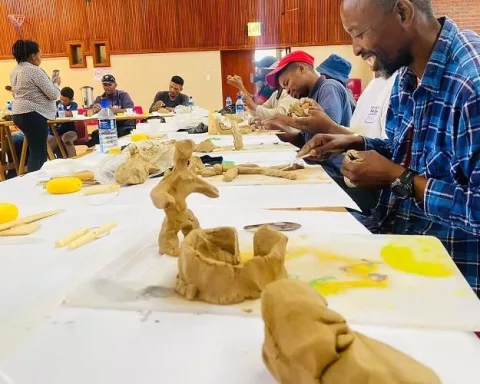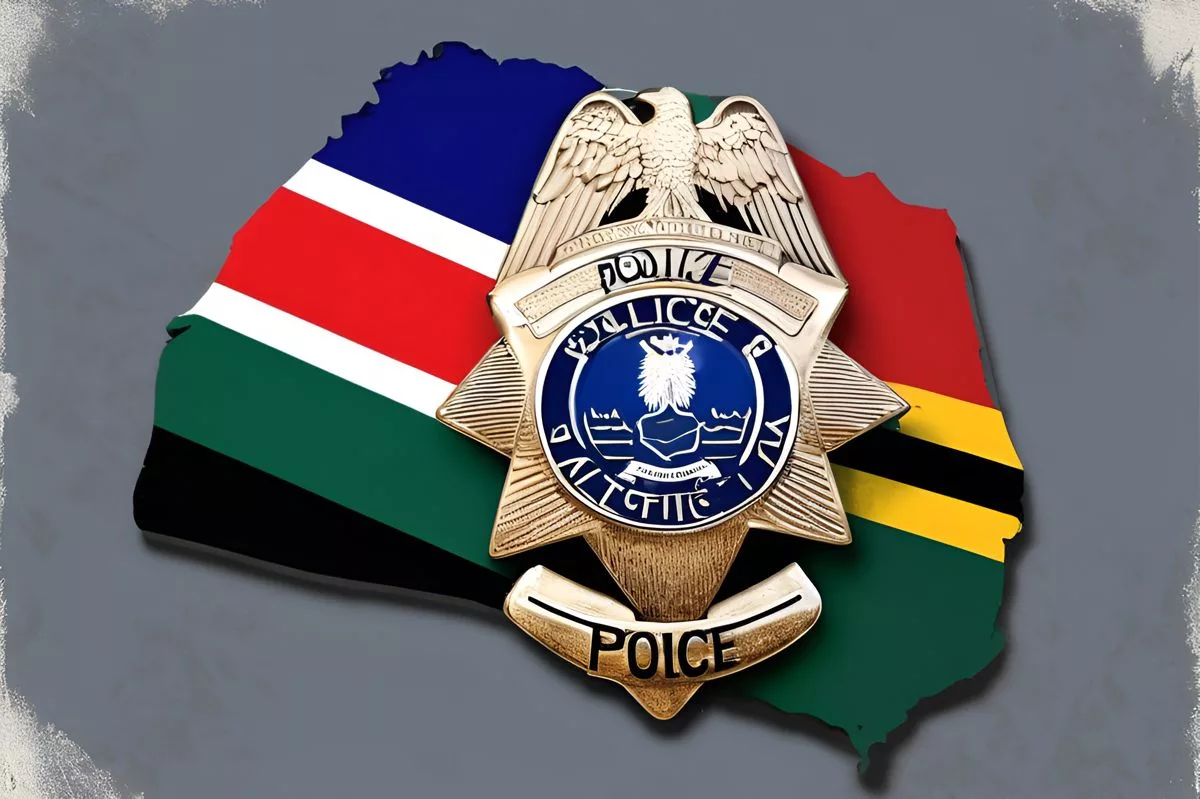The Western Cape Department of Police Oversight and Community Safety revealed that 89 cases of gender-based violence were dropped from the court roll in six months due to the ineffectiveness of the South African Police Services. However, the Court Watching Brief Unit aims to monitor and strengthen SAPS in tackling these issues, and the government has committed R1.6 billion to fund and implement an Emergency Action Plan on Gender-Based Violence and Femicide. Despite these efforts, the fight for justice against gender-based violence continues in the Western Cape.
What is the state of gender-based violence in the Western Cape?
From April to September 2023, 89 cases of gender-based violence were dropped from the court roll in the Western Cape due to the ineffectiveness of the South African Police Services (SAPS). However, the Court Watching Brief Unit, established by the Western Cape Department of Police Oversight and Community Safety, aims to monitor and strengthen supervision of SAPS in tackling these issues. The fight against gender-based violence continues, with government departments committing R1.6 billion to fund and implement an Emergency Action Plan on Gender-Based Violence and Femicide.
A Chilling Picture of Injustice
Inside the solemn confines of the courtroom, the Western Cape Department of Police Oversight and Community Safety (POCS) discloses a distressing story. Within the span of six months, from April to September 2023, a whopping 89 cases of gender-based violence were inexplicably dropped from the court roll. This unfortunate situation is largely due to the ineffectiveness of the South African Police Services (SAPS).
During these six months, the Court Watching Briefs (CWB), a unit within the POCS, kept a close eye on a staggering 243 cases across 25 courts associated with 58 SAPS stations in the territory. However, these observed cases might merely represent the surface of the issue, not appropriately reflecting the potential enormity of the problem.
The CWB Unit, a body established by POCS, was set up with the aim of strengthening their supervision of SAPS. This venture, established under Section 206(3) of the Constitution, has played a pivotal role in the monitoring of these cases, tracking their progress, or lack thereof, across the courts throughout the Western Cape. These courts cover a wide range of communities, from Khayelitsha to Beaufort West.
A Grim Reality Revealed
The numbers, though astoundingly high, lay bare a harsh reality. Reagen Allen, the Western Cape Minister of Police Oversight and Community Safety, voiced grave concern over these figures, decrying them as a harsh reminder of the ongoing gender-based violence (GBV) that is ravaging society. The ineffectiveness of SAPS and the broader criminal justice system in tackling these issues effectively, especially for vulnerable individuals in these areas, outlines a dire situation.
Allen explains that the CWB initiative, which he says has been adopted by all provinces since its inception in 2013, serves as a tool to assess the effectiveness and efficiency of SAPS’ investigations. Allen highlighted that many SAPS officers are burdened with excessive workloads, with upwards of 200 dockets to investigate. This excessive workload provides no benefit to the investigators or the violated victims eagerly awaiting justice.
Allen clearly articulates, “This failure does not excuse their inability to stick to their oath and fulfill their constitutional mandate.” He underscored that while disciplinary action has been taken against some SAPS members, it’s only the beginning. There is a pressing need for substantial improvements within the criminal justice system to combat GBV effectively.
Plans for Improvement and the Fight Ahead
In light of these statistics, Allen intends to meet with SAPS Provincial Commissioner, Lieutenant General Thembisile Patekile, and the Western Cape Director of Public Prosecutions, Advocate Nicolette Bell. The aim is to gain insight into what needs to be improved to prevent these types of outcomes from recurring.
President Cyril Ramaphosa, in his State of the Nation Address in 2020 and 2024, pledged a commitment “to end the crisis of violence perpetrated by men against women.” In line with this commitment, an Emergency Action Plan on Gender-Based Violence and Femicide was unveiled during a dedicated parliamentary session in the previous October. This initiative is designed to strengthen the criminal justice system and enhance the legal and policy structures related to GBV and femicide.
By the end of this fiscal year, government departments have diverted R1.6 billion to fund and implement the plan. This financial commitment and the proposed legal reforms highlight the severity with which the problem is being addressed.
However, the fight for justice persists. The figures from the Western Cape, the delayed court cases, and the ineffectiveness within the SAPS all suggest that there is still a lot of work to be done. The battle against GBV is not yet over, but with continued pressure and focus on reform, there is hope for a future where such violence is no longer a disturbing norm.
1. What is the state of gender-based violence in the Western Cape?
From April to September 2023, 89 cases of gender-based violence were dropped from the court roll in the Western Cape due to the ineffectiveness of the South African Police Services (SAPS). However, the Court Watching Brief Unit, established by the Western Cape Department of Police Oversight and Community Safety, aims to monitor and strengthen supervision of SAPS in tackling these issues. The fight against gender-based violence continues, with government departments committing R1.6 billion to fund and implement an Emergency Action Plan on Gender-Based Violence and Femicide.
2. What is the Court Watching Brief Unit?
The Court Watching Brief Unit is a unit within the Western Cape Department of Police Oversight and Community Safety that aims to monitor and strengthen supervision of SAPS in tackling issues of gender-based violence.
3. How many cases of gender-based violence were dropped from the court roll in six months?
89 cases of gender-based violence were dropped from the court roll in the Western Cape in six months due to the ineffectiveness of the South African Police Services.
4. What is the Emergency Action Plan on Gender-Based Violence and Femicide?
The Emergency Action Plan on Gender-Based Violence and Femicide is an initiative designed to strengthen the criminal justice system and enhance the legal and policy structures related to gender-based violence and femicide in South Africa. The government has committed R1.6 billion to fund and implement the plan.
5. What is the government doing to address gender-based violence in the Western Cape?
The government has committed R1.6 billion to fund and implement an Emergency Action Plan on Gender-Based Violence and Femicide. Additionally, the Western Cape Department of Police Oversight and Community Safety has established the Court Watching Brief Unit to monitor and strengthen supervision of SAPS in tackling issues of gender-based violence.
6. Is there hope for a future where gender-based violence is no longer a disturbing norm?
Yes, with continued pressure and focus on reform, there is hope for a future where gender-based violence is no longer a disturbing norm. The financial commitment of R1.6 billion and proposed legal reforms highlight the severity with which the problem is being addressed. However, the fight against gender-based violence continues, and there is still a lot of work to be done.












